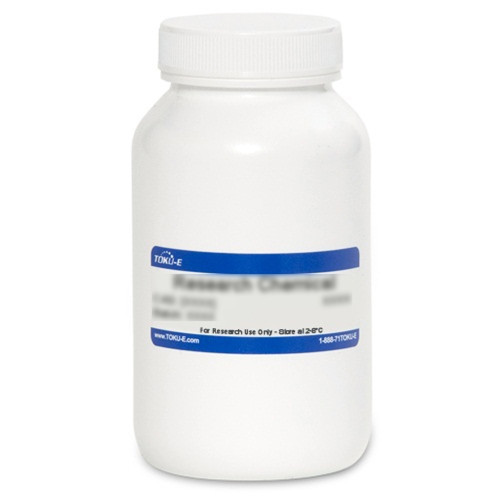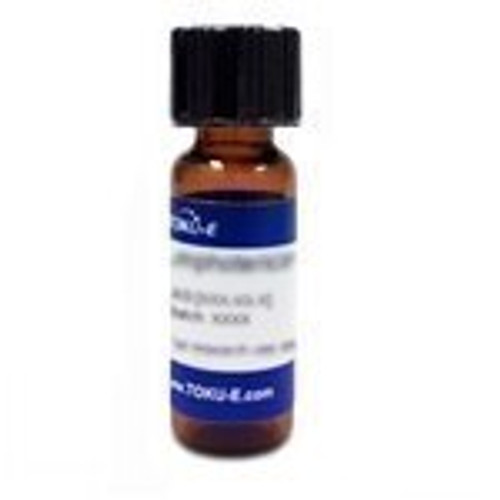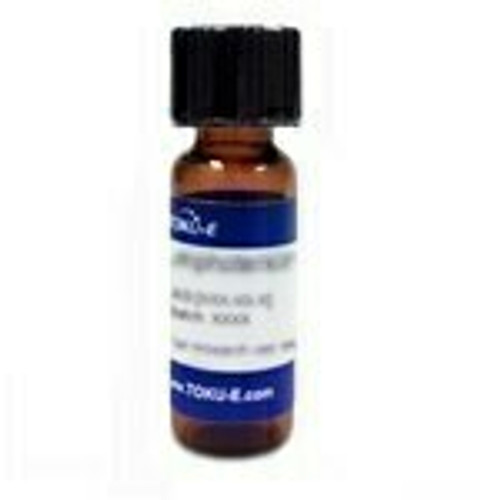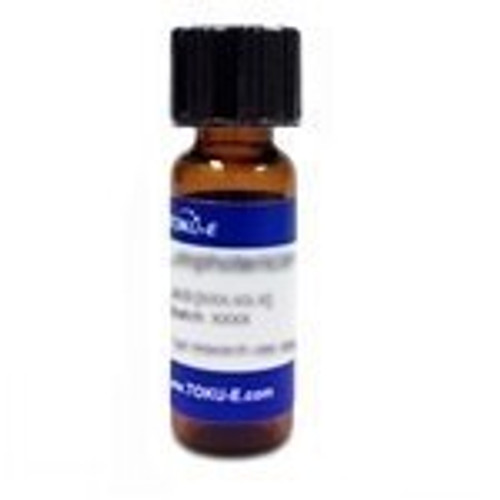2,4-Dichlorophenoxyacetic acid (syn: 2,4-D) is plant growth regulator and synthetic auxin. It is a synthetic analog of the naturally occurring auxin indole-3-acetic acid (IAA). As an agricultural phenoxy herbicide, it has been commercially available since 1945 and is an active ingredient in over 1,500 herbicide products used to control dicots. In plant research, it is used as a supplement in plant culture media.
2,4-D is soluble in organic solvents, but practically insoluble in water.
This product is considered a dangerous good. Quantities above 1 g may be subject to additional shipping fees or may be unable to ship to your area. Please contact us for details.
| Mechanism of Action | 2,4-Dichlorophenoxyacetic acid mimics the action of auxin, and when used as a herbicide, results in uncontrolled growth and eventually death in susceptible plants. It is commonly used in plant tissue culture as a plant growth regulator. |
| Plant Biology Applications | 2,4-D is the most commonly used plant growth regulator in cereal tissue culture. In mature wheat (Triticum aestivum L), 2,4-D was used to induce callus from seeds at an optimal concentration of 3.5 mg/L (Malik et al, 2004).
2,4-D was used in switchgrass (Panicum virgatum L.) tissue culture to induce callus initiation and regeneration of plantlets from mature caryopses and young seedlings. Best results from mature caryopses were obtained with 11.3-45 µM 2,4-D in combination with 15 or 45 µM benzyladenine (Denchev and Conger, 1995). |
| Molecular Formula | C8H6Cl2O3 |
| Solubility | Soluble in organic solvents. Practically insoluble in water. |
| References |
Denchev PD and Conger BV (1995) In vitro culture of switchgrass: Influence of 2,4-D and picloram in combination with benzyladenine on callus initiation and regeneration. Plant Cell, Tissue and Organ Cult. 40(1):43-48 |








